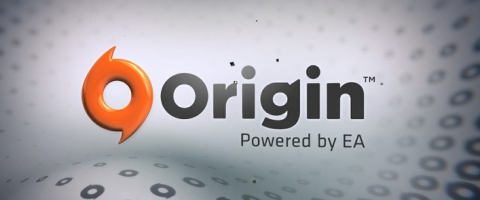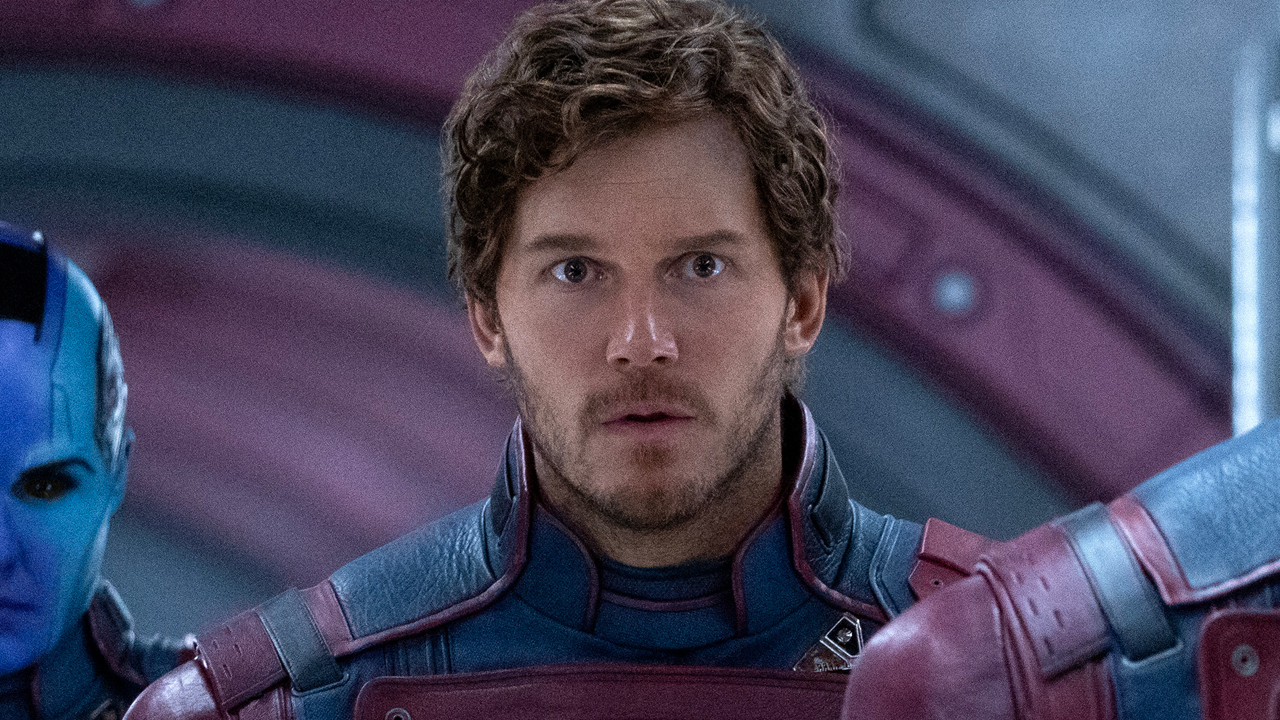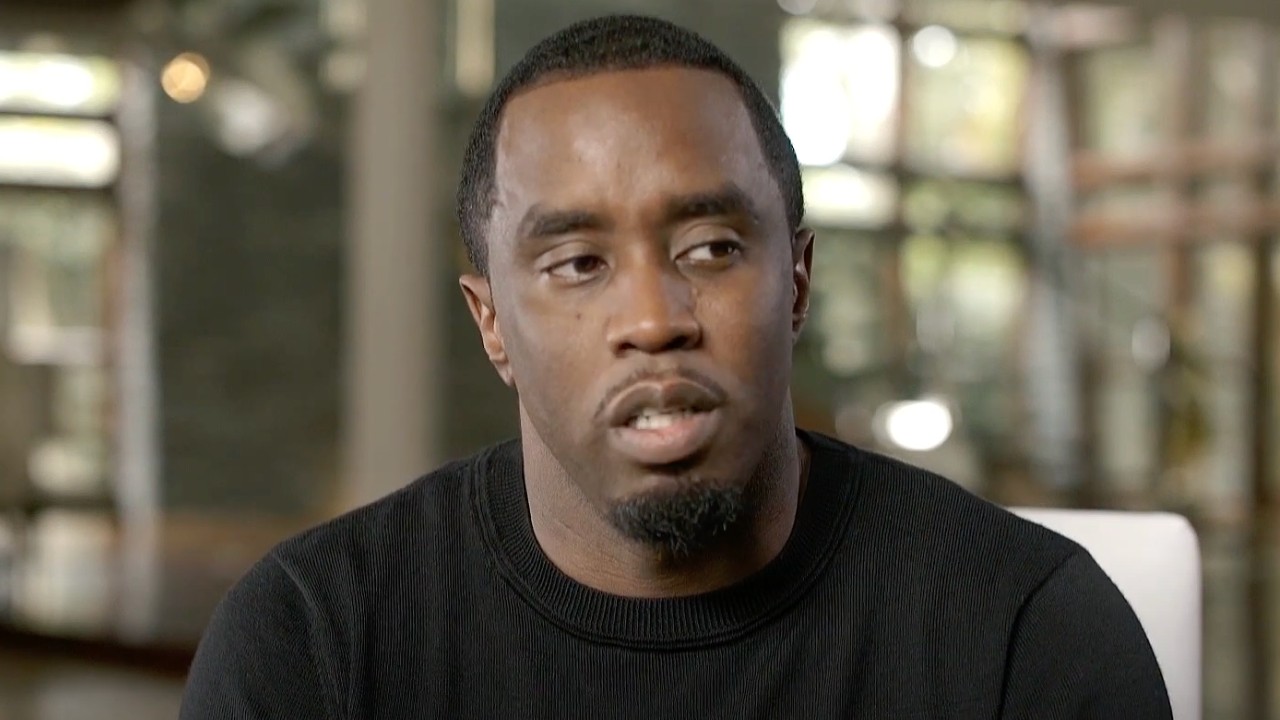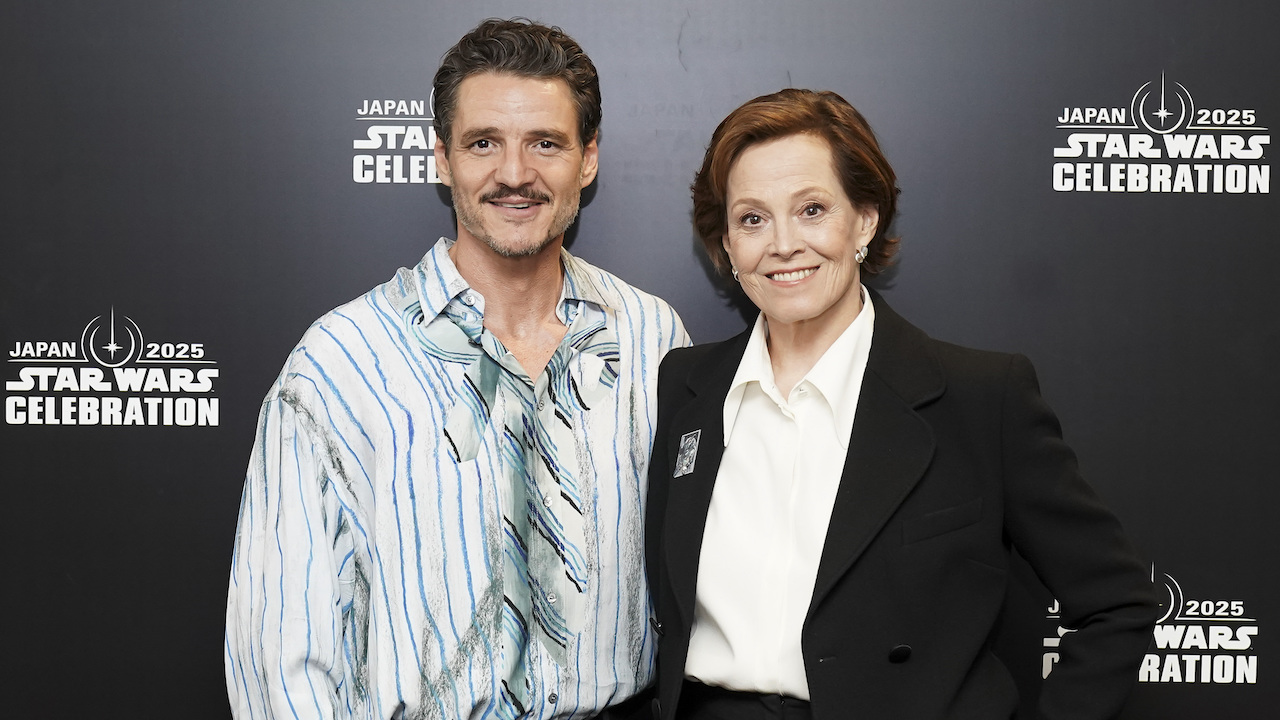Origin Doesn't Support 75% Off Sales Because It Gives Consumers Too Much Choice

A lot of people think there's an "Anti-EA campaign" going on over here at Gaming Blend, but that's not the case at all. I'll be the first to tell you that some of my all-time favorite games are EA titles. I'll defend 007: Everything or Nothing as the greatest 007 game ever made going to my grave, and next to Forza Motorsport the Need for Speed: Underground series has been the most addictive racing game(s) I've ever played. Still, that doesn't stop me from calling a spade a spade and a douche a douche.
In an interview with GameIndustry.biz International, David DeMartini, Senior Vice President of Global Ecommerce of EA's Origin, decided to talk frankly about the present, past and future of Origin, and believe me when I say it won't take a lot of commentary on my end to see why EA is oftentimes considered anti-consumerist.
Responding to a question from GI about Origin having deep discounted, 75% off sales like Steam, DeMartini says some shocking stuff. Read it and weep/laugh/cry/shake your head in pro-consumer shame...
We won't be doing [75 percent off sales]. Obviously they think it's the right thing to do after a certain amount of time. I just think it cheapens your intellectual property. I know both sides of it, I understand it. If you want to sell a whole bunch of units, that is certainly a way to do that, to sell a whole bunch of stuff at a low price.The gamemakers work incredibly hard to make this intellectual property, and we're not trying to be Target. We're trying to be Nordstrom. When I say that, I mean good value - we're trying to give you a fair price point, and occasionally there will be things that are on sale you could look for a discount, just don't look for 75 percent off going-out-of-business sales.
So they don't want to offer gamers cheap affordable products for a mass audience (i.e., Target) they'd rather go all gentry and keep prices fixed above a specific margin on supposedly high-end products (i.e., Nordstrom)? When did gaming become a fashion commerce?
I can't remember the last time I was engaged in a conversation where someone said "Yo, bro...how much did you pay for that new FPS from Medi-Orce Soft?" and the other guy says "Man, I paid $69.99 for this FPS, it was made in Sweden...top quality stuff, bro. EA had it digitally imported to Origin. I would never pay anything less than $69.99 for it...totally worth it, bro."
Anyways, when I see a 75% sale on Steam I buy games like a crazy mofo even if I don't plan on playing them, especially for games that rarely drop below $59.99 *cough*Call of Duty*cough*.
What's more is that DeMartini goes on to say...
CINEMABLEND NEWSLETTER
Your Daily Blend of Entertainment News
Without revealing too much, what I'll say is one way to deal with aging inventory is you do deep discounts like that. There are other ways, which I can't really talk about, of dealing with product as it ages over a period of time, where you present a value to the customer and you engage them in your service on a going-forward basis. We don't believe in the drop-it-down, spring-it-up, 75 percent off approach, but we've got something else that we do believe in that we'll be rolling out.But I absolutely understand your point, and I'm not not-hearing what you're saying. We don't have the old-school approach that you're describing; we're all about building as big a universe as we can, and there are multiple ways to build the universe. One way is to discount the price, the other is to form a longer-term relationship with them and draw them in that way.
When DeMartini says "there are other ways" my mind goes blank thinking about how to provide a better service and more products at a better value to consumers. However, let's not think like pro-consumer gamers. You can't think that way when thinking about new features coming from a multi-billion dollar corporation. Put on your douche-bag CEO cap and try to imagine how to screw someone over on an old product like a good 'ole pro like John Riccitiello.
Hmm...
Only thing I can come up with is moderately jacking up the price of newer games while including digital versions of older games related to or within the franchise that aren't selling anymore. So if you want to say, buy an old NFS game, instead of EA discounting it with a 75% off sale you instead have a 30% sale on a newer NFS like Need for Speed: Hot Pursuit and then bundle in a previous Need for Speed game into the bundle. Alternatively, you might have an old game like Need for Speed: Underground and sell it for $19.99 but it comes with instant-beta access to the newest Medal of Honor or Battlefield game. Essentially you turn free gaming experiences into paid-for services by raising the initial price on older games by peddling premium features gamers used to experience for free. There's also the option of streaming older games you can't get in stores via an always-on DRM feature or cloud-type service. If I were a douche-bag CEO that's what I would do.
Anyways, the golden quote of the interview is this little gem right here. Check it out...
Also what Steam does might be teaching the customer that "I might not want it in the first month, but if I look at it in four or five months, I'll get one of those weekend sales and I'll buy it at that time at 75 percent off." It's an approach, and I'm not going to say it's not working for Valve. It certainly works for Valve; I don't know if it works as well for the publishing partners who take on the majority of that haircut.
Ohhhh, burn. That's an anti-consumerist home-run quote right there.
I've done exactly that for games that look like crap and aren't worth the initial price of entry. It's called being frugal with your money. It's also this little thing called exercising consumer choice.
Removing the deep-discounted choice from consumers does nothing to build consumer trust. It's about equivalent to thinking that adding intrusive DRM to a game will make people stop pirating the game. It doesn't work like that.
I'm terribly curious to see what DeMartini and crew have planned to rollout for Origin, though. A lot of people are still afraid of it because they think the service is spyware. Other people have moved past their fear and have embraced it for games like Battlefield 3 and Mass Effect 3. Others are skeptical still but at least give EA props for their 90 day distribution fee waiver for crowd-sourced games, which does deserve a slow but squinty-eyed ovation.
We'll definitely keep you posted on what EA has in store for Origin. One thing we know for sure is that 75% discounts won't be arriving for the digital distribution service anytime soon.
You can check out the entire interview over at GI.biz
Staff Writer at CinemaBlend.
The Rookie EP Teases What Lies Ahead For Chenford After Those Wild Truth Serum Reveals, And I’m Tempted To Breathe A Sigh Of Relief
Some Jokester Created Internet Prank About Ryan Coogler Expanding His Sinners Universe, And I'm Just Cracking Up Over The Commenter Who Called It 'Sinematic Universe'
I Went To The Epic Universe Portal In New York, And I'm Rattled At How Much Bigger The Real One Apparently Is










